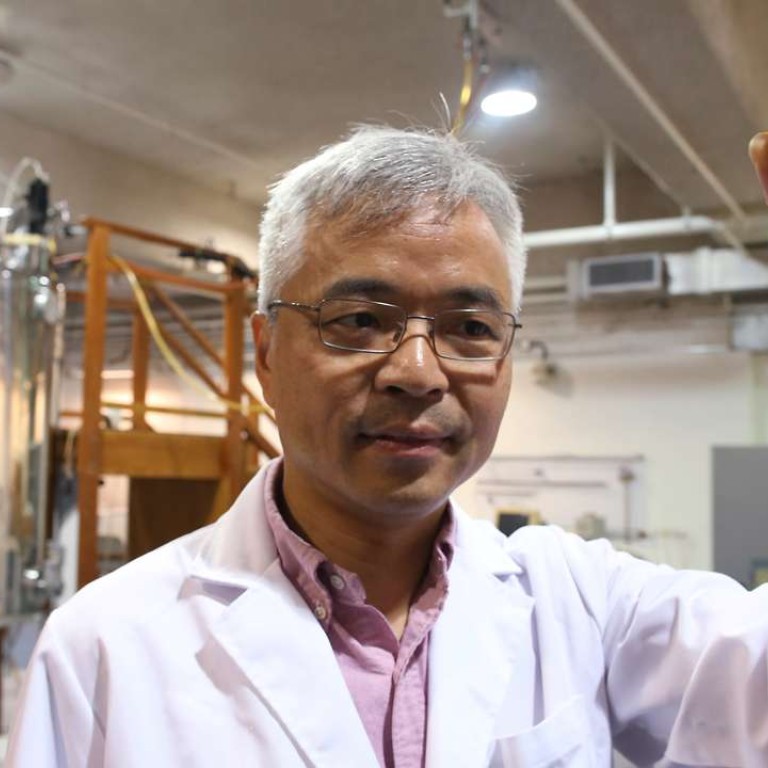
A first for Hong Kong: researchers uncover how gene mutations can lead to brain disorders
University academics hope their research will eventually lead to development of medication to treat the likes of autism and intellectual disabilities
Researchers from the University of Science and Technology have identified for the first time how mutations of two known genes can lead to brain disorders.
The findings could provide new directions for scientists in developing treatment for nervous system disorders such as autism and intellectual disability, which cannot now be completely cured.
The research led by Zhang Mingjie, a professor in the university’s division of life science, found out how postsynaptic density(PSD), a protein layer in neuron communication structures called synapses, formed in a different way in mice with autistic symptoms.
While PSD, a unit that receives and processes signals and is essential for cognition, has been known to scientists for 60 years, little was known about how it was formed and the consequences if it developed in an incorrect way.
“Diseases emerge if there is just a slight change in the formation of PSD,” Zhang said.
It was discovered in the university study that two types of proteins – SynGAP and PSD-95 – could not combine or develop in desirable quantities to maintain balanced PSD signalling.
The failure could be due to protein gene mutations.
Genetic mutations of these two proteins were previously known to cause neurological disorders such as autism, but it was unclear why this would happen.
“In the past it was hard to treat depression as we knew little about the work of neurons,” Zhang noted.
The professor said PSD with too strong or too weak a signal would lead to brain disorders. Having excessively strong signals in the brain could lead to seizures, while the opposite could prompt intellectual disabilities, he said.
“The study gives us a brand new direction ... We can develop medication to change the distribution of proteins in synapses. This is a totally new concept,” he said.
But as experiments have been conducted only on mice, Zhang admitted it would take years before the technology could be used to produce medication.
“It is very exciting to see the line of evidence found by the study ... but there is still a long way to go to translate it into clinical treatment,” said Dr Arthur Mak Dun-ping, an assistant professor in psychiatry at Chinese University who was not involved in the research.
He said the mechanisms involved in psychiatric diseases such as autism were complex and the study could provide further explanations for how they were caused.

